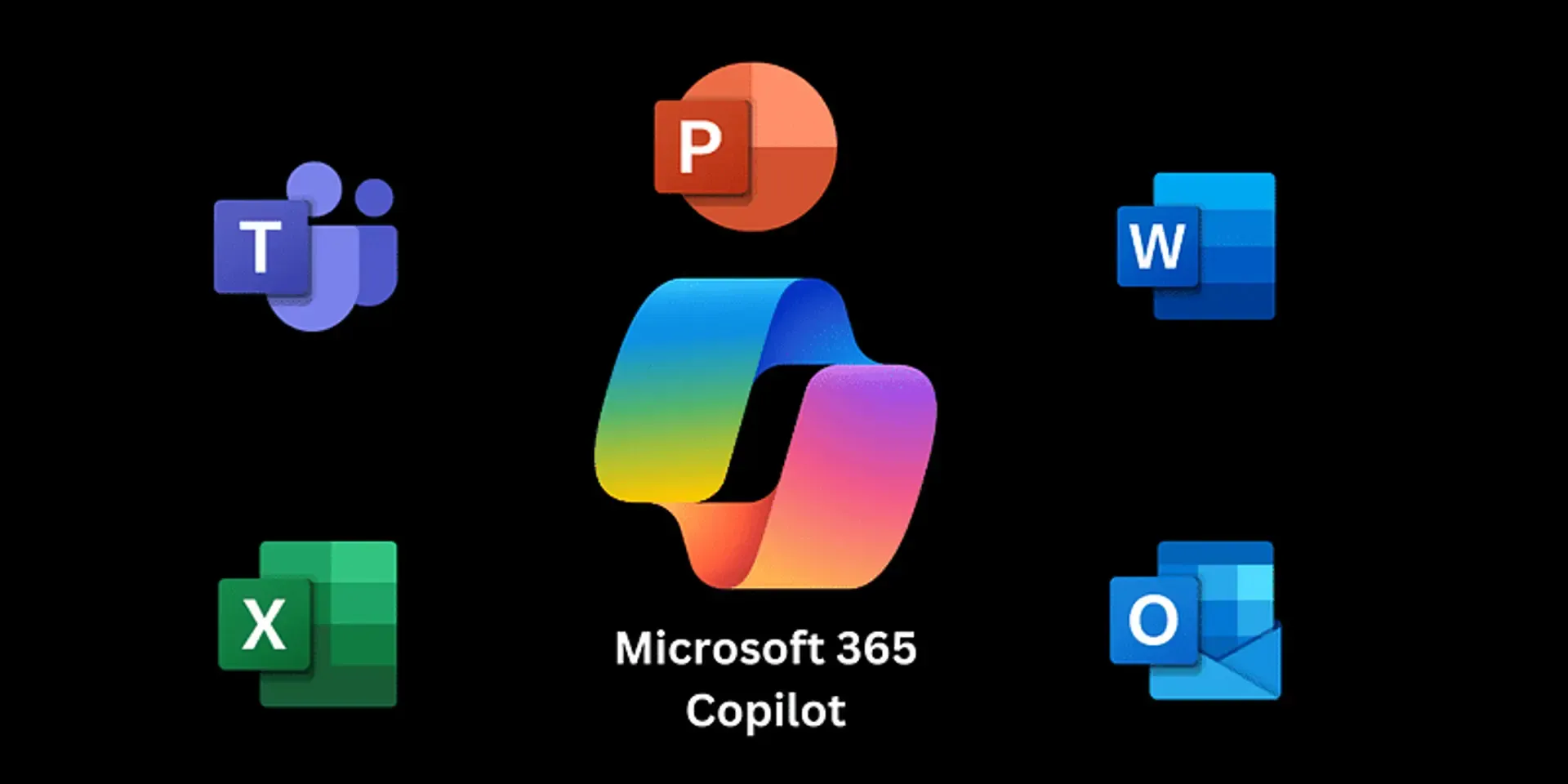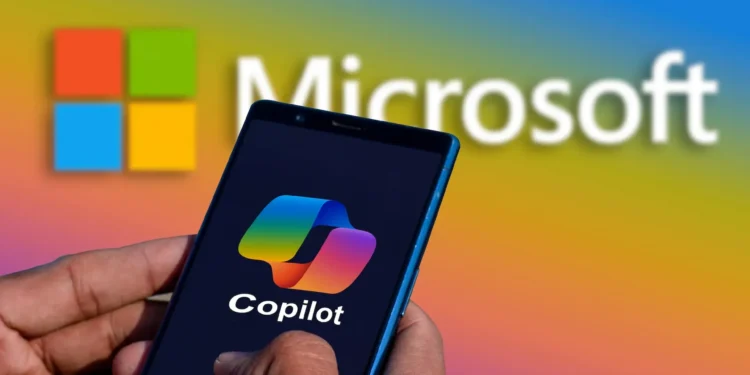Microsoft has decided to embed AI capabilities directly into its Microsoft 365 Personal and Family plans. This strategic move eliminates the need for a separate Copilot Pro subscription, which previously cost users an additional $20 per month. Now, for an extra $3 per month, Microsoft 365 users will gain access to sophisticated AI tools within familiar apps like Word, Excel, and PowerPoint. Gareth Oystryk, senior director of marketing for Copilot Pro and Microsoft 365, highlighted the company’s intention to democratize AI usage among its user base. “Our plan all along has been how do we bring this value to as many subscribers as possible in a way that works for them and for us,” Oystryk stated in an interview with The Verge.
Despite the introduction of more accessible AI features, Microsoft will continue offering the Copilot Pro subscription for those who desire early access to the latest AI models and features, catering to a niche segment of power users. Oystryk reassures that “Copilot Pro isn’t going away,” maintaining its allure for users who thrive on cutting-edge technology.

Price Adjustments: A Necessity or a Setback?
For the first time in over a decade, Microsoft is raising the price of its Microsoft 365 Personal and Family subscriptions in the U.S. by $3 per month. This adjustment reflects a broader trend in the tech industry, where companies are increasingly passing on the costs of advanced technology to consumers. Oystryk justifies the increase as a necessary step to continue delivering substantial enhancements and maintaining service quality.
Anticipating potential pushback from users averse to price hikes, especially for AI features, Microsoft has introduced “Personal Classic” and “Family Classic” plans. These plans offer an alternative for existing subscribers to maintain their current pricing structure without the added AI functionalities, only available through the renewal cycle.

A New Era of AI Integration in Consumer Applications
Alongside the subscription changes, Microsoft unveils a new AI credits system that spans its consumer software suite, including newer applications like Designer and traditional offerings like Word and Outlook. This system allocates monthly credits for tasks such as image generation, allowing users to leverage AI enhancements in a controlled and cost-effective manner.
Moreover, Microsoft is attentive to user feedback regarding the invasiveness of AI tools. Oystryk reveals that new settings are being introduced to allow users to toggle off Copilot features in key apps, starting with Word. This flexibility caters to diverse user preferences and scenarios, such as educational environments where AI usage might be restricted.

Microsoft’s latest moves signal a significant shift in how AI tools are disseminated and utilized in mainstream productivity software. By integrating AI directly into Microsoft 365 and adjusting subscription models, Microsoft is not only expanding the reach of its advanced technologies but also addressing the nuanced needs and preferences of its vast user base. As the landscape of office productivity tools evolves, Microsoft’s commitment to both innovation and user satisfaction remains clear, albeit at a gradually increasing cost.










